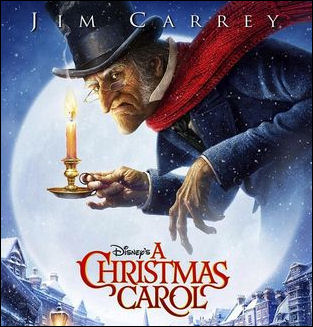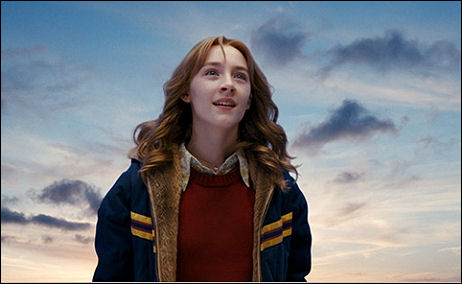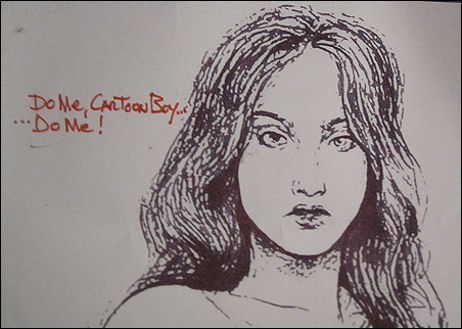Jon Krakauer‘s Where Men Win Glory investigates the life of former Arizona Cardinals linebacker and U.S. Army Ranger Pat Tillman, and particularly his April 2004 friendly-fire death in Afghanistan. Gen. Stanley McChrystal‘s roundabout admission earlier this year that he fraudulently approved awarding Tillman a posthumous Silver Star as a result of enemy fire has been heavily focused upon by Krakauer’s book and in a 10.14 Daily Beast article.
“After Tillman died, instantly — within 24 hours certainly — everybody on the ground…everyone knew it was friendly fire,” Krakauer said yesterday on Meet the Press. “There was never any doubt it was friendly fire. McChrystal was told it was friendly fire. There was no enemy fire. And yet McChrystal [testified that] he didn’t read this hugely important document [that clarified matters] about the most famous soldier in the Army…he didn’t read it carefully enough that he didn’t [absorb the reported facts]? That’s preposterous…that’s not believable.”
In other words, McChrystal saw a political opportunity to cast valor and glory upon the Afghanistan mission — a move that his Bush administration superiors would obviously reap political gain from. In other words McChrystal is not above spreading a lie if it helps politically. In other words he’s cut from the same cloth as other generals in command of previously unpopular wars who’ve done the politically expedient thing. In other words McChrystal can’t really be trusted any more than Lyndon Johnson could trust Gen. William Westmoreland about alleged progress during the Vietnam War. In other words President Obama needs to wake up.








